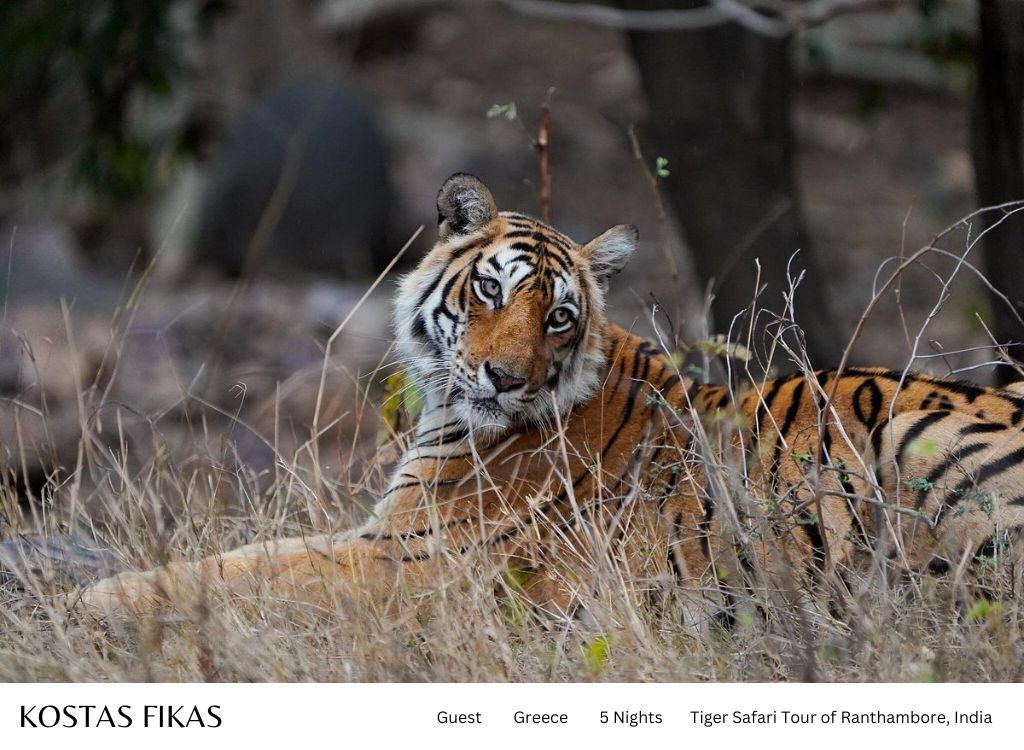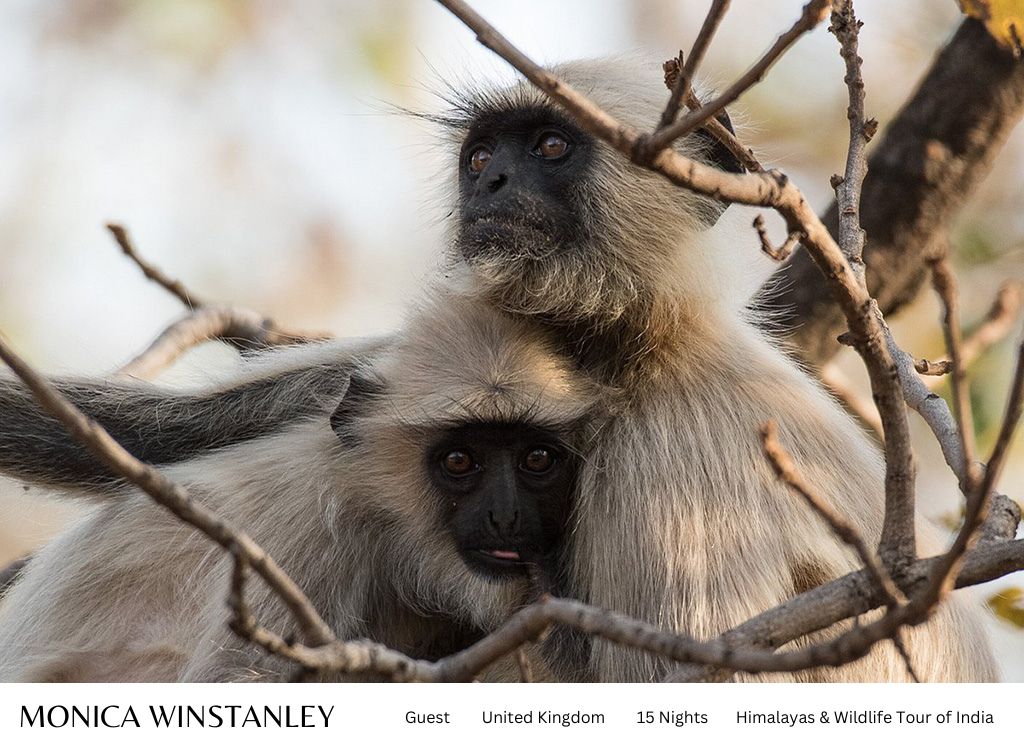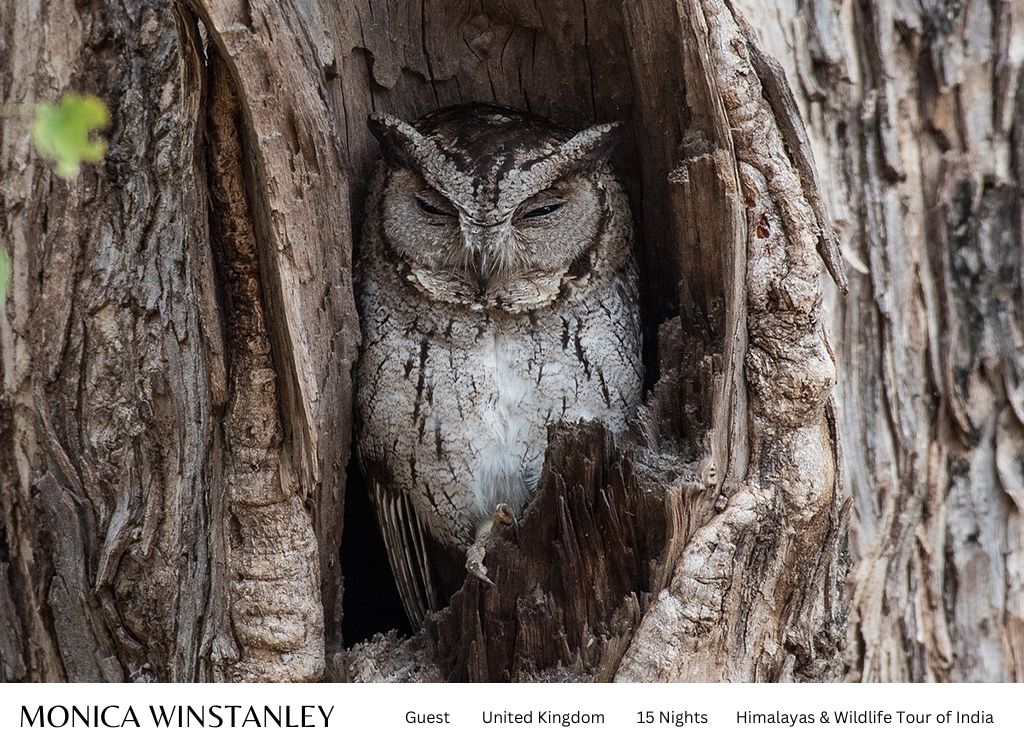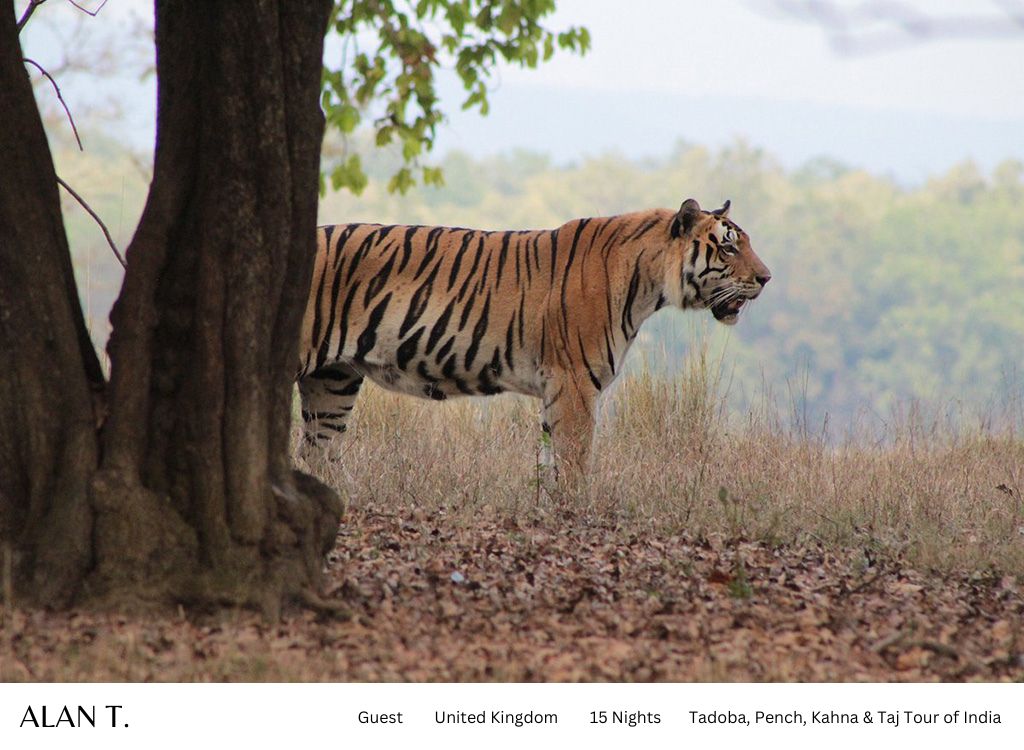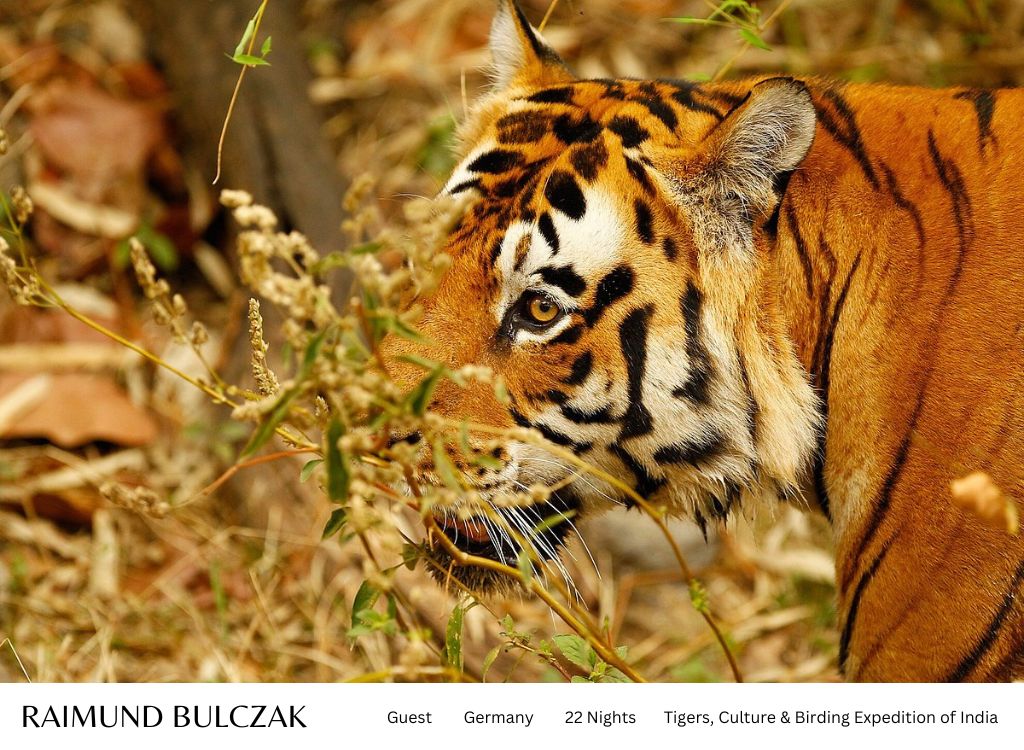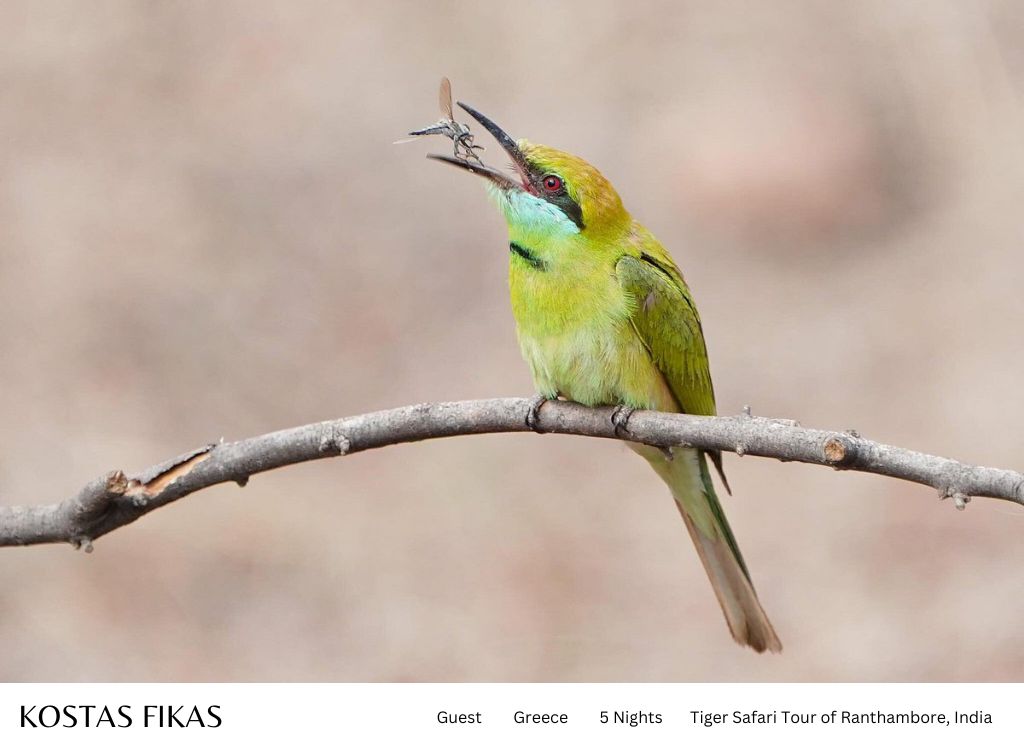
9 Nights 10 Days
Top Rated Safari Tour
Kanha, Bandhavgarh and Pench Tiger Safari Tour
Stay vigilant and attentive to discover the most authentic tiger safari excursion, a thrilling experience reminiscent of Rudyard Kipling’s renowned novel, “The Jungle Book.”

9 Nights 10 Days
Top Rated Safari Tour
Kanha, Bandhavgarh and Pench Tiger Safari Tour
Stay vigilant and attentive to discover the most authentic tiger safari excursion, a thrilling experience reminiscent of Rudyard Kipling’s renowned novel, “The Jungle Book.”
Tiger Safari India
Unleash the Wild and Cultural Charms of India
Welcome to Tiger Safari India, your gateway to an extraordinary wildlife adventure spanning over 30 years of excellence. Immerse yourself in the heart of India’s diverse landscapes with our tailor-made tiger safari tours, crafted to perfection. Our commitment goes beyond conventional tours; we intertwine the thrill of tiger safaris with curated cultural experiences, offering a holistic exploration of this magnificent nation.
Our seasoned team of naturalists, guides, and drivers, true experts in their field, ensures your journey is not just seamless but also a reservoir of wildlife knowledge. Step into the wild with us, where every moment is a canvas of awe and enchantment, promising an immersive experience like no other.
As part of our unwavering dedication to providing unparalleled adventures, we offer top-tier wildlife lodges harmoniously blending with nature. Strike the perfect balance between comfort and immersion, allowing you to fully appreciate the breathtaking beauty of India’s wilderness.
Tiger Safari India, synonymous with trust in Indian wildlife tourism, stands as the global choice for enthusiasts. Whether you yearn to witness the regal tigers or wish to explore the rich cultural tapestry of India, our team crafts the ideal itinerary for you. Embark on an unforgettable journey with us and discover the best of Indian wildlife and culture. For nature safari aficionados and bird watchers, our tours provide an immersive experience, connecting you with the natural wonders of India. Join Tiger Safari India for a captivating blend of adventure, wildlife, and cultural richness.

